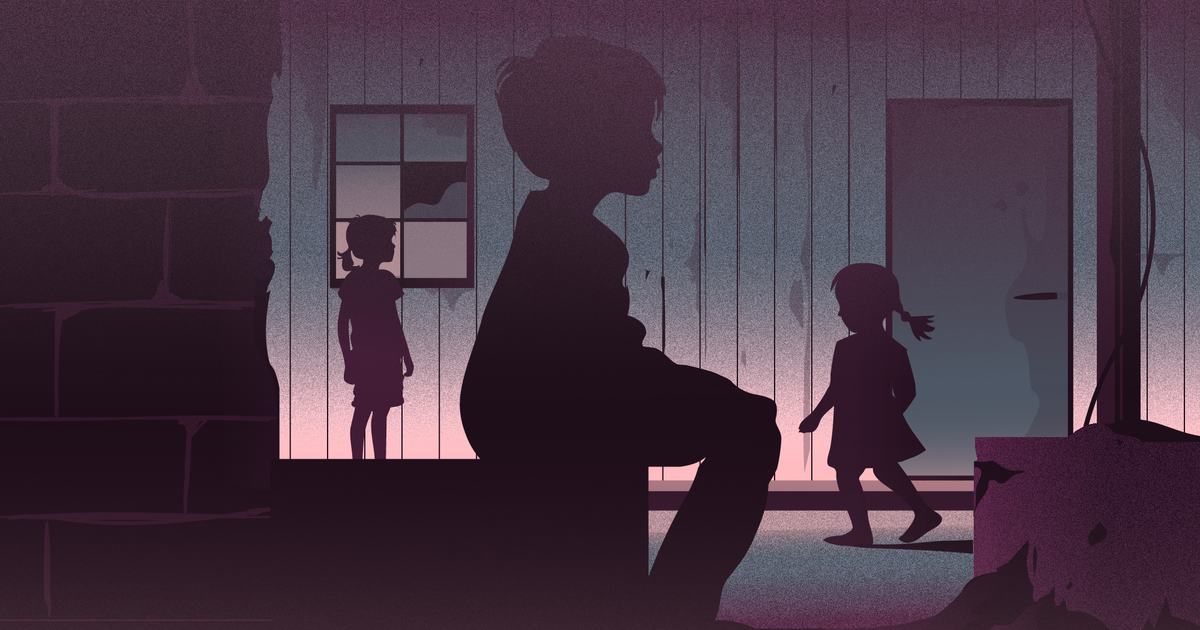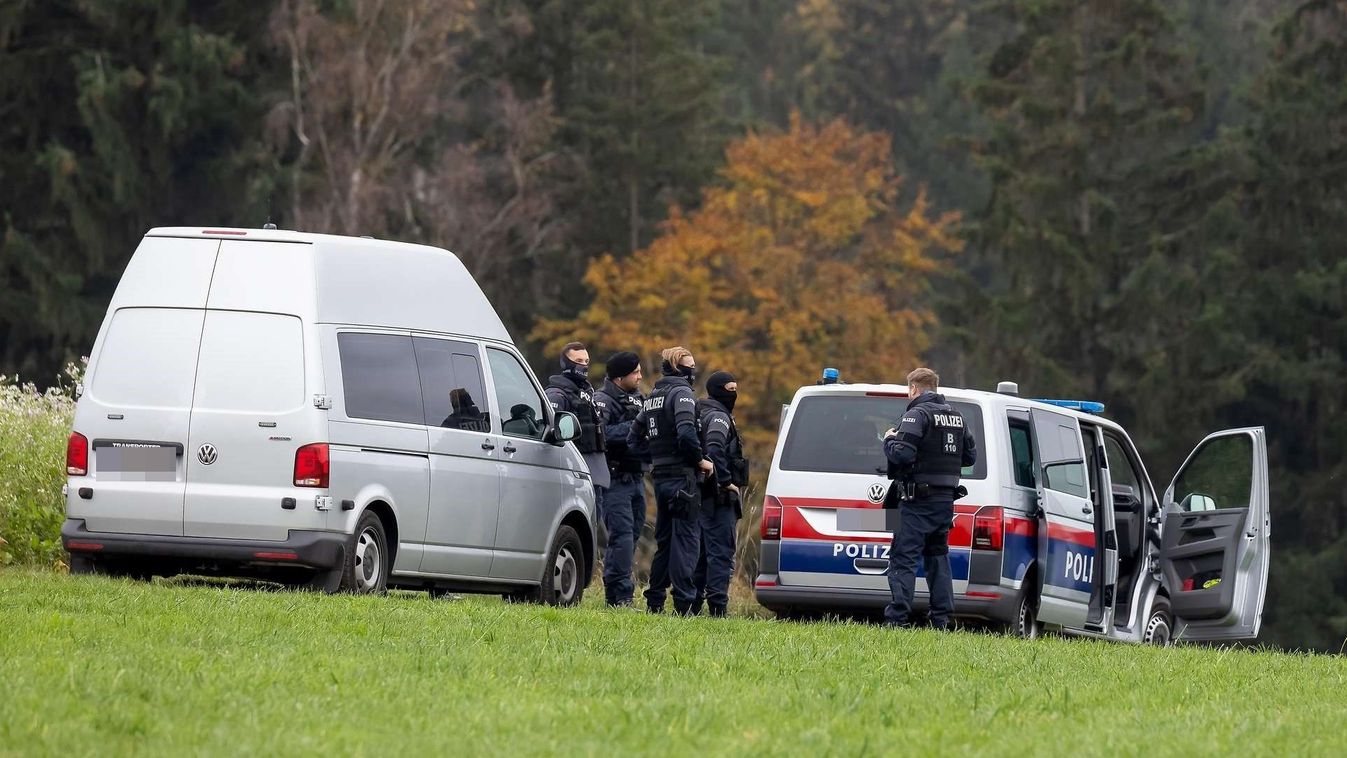Split on Economic Policy Puts Germany’s Government at Risk of Collapse
A breakup of the divided and unpopular coalition well before elections set for next September could leave the country directionless at a critical time for Europe.
Germany’s three-party coalition government, wracked by infighting and policy paralysis over a stagnant economy, is teetering on the brink of collapse.
It does not look likely to last until the next scheduled elections in September 2025 and could fall imminently over a nasty budget debate that comes to a head this month, analysts say. The main political parties are already laying out their campaign positions, and coalition leaders are barely talking.
The growing rift became more evident Friday evening, when a leaked position paper by the leader of one coalition party called for a fundamental economic overhaul that contradicts government policies, and is meant to cut costs.
The 18-page economic paper was written by Christian Lindner, the leader of the pro-market liberal Free Democratic Party.
Mr. Lindner wants to cut some social service payments, drop a special “solidarity tax” intended to help fund German reunification, and follow European Union climate regulations rather than more ambitious national ones — all demands that his coalition partners are highly unlikely to accept.
After coalition parties lost votes in three state elections in September, Mr. Lindner warned that the coming months would become the “autumn of decisions.” And he has suggested that if the coalition did not work in his favor, his party could quit the government of Chancellor Olaf Scholz.
“The way in which the government is currently presenting itself and also the unclear basic direction — neither corresponds to my expectations of government conduct,” Mr. Lindner said Thursday in an online interview. “The situation as it is now cannot continue.”
The German economy shrank last year and barely escaped recession this year. Consumer and business confidence is low, and the German export model has been severely challenged by China’s own slowdown and by sanctions on Russia.
What may keep the coalition together is the American presidential election.
If former President Donald J. Trump is re-elected, he is likely to pose formidable challenges for European security and trade. It would be a bad time for Germany, a central player in Europe, to be run by a caretaker government with little ability to make major decisions and preoccupied with its domestic politics, analysts warned.
Teljes cikk:
A breakup of the divided and unpopular coalition well before elections set for next September could leave the country directionless at a critical time for Europe.

www.nytimes.com

www.dailyrecord.co.uk













